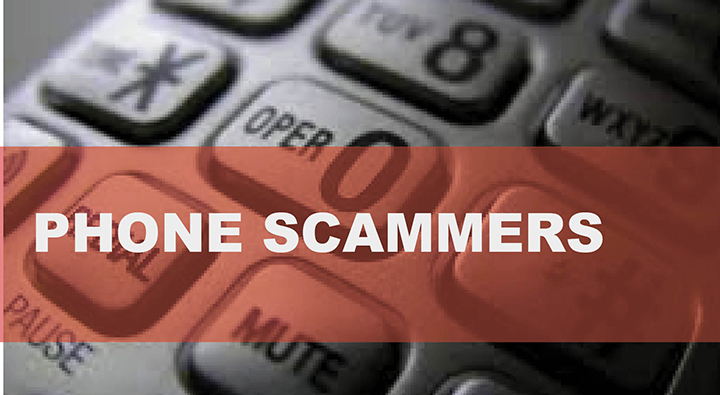Shaming the phone computer scammer

Have you ever received a phonecall from a computer expert with a heavy Indian accent claiming to be from Microsoft, wanting you to turn your computer on so he (or she) can fix it? Did you come up with a witty response and hang up? (Or think of a witty response later?)
Ever hung up on the line and wondered what is driving these people to do this, or wanted to know exactly what to be afraid of? Or perhaps you have been caught out and fear you may have fallen victim to this, the scam that is known as “The Microsoft Phone Scam”. Well, I have personally received so many of these odd calls now that I decided to take a look into who is behind them and what they really want you to do when they call.
The ‘Microsoft Phone Scam’ has been around on the Internet as a named issue since 2009. Microsoft itself released an alert on the scam in 2010 in order to make people more aware of the problems that are caused by people using their brand and ringing unsuspecting computer owners to suck them into the trap. Until now though I did not know how exactly they made their money as scammers as I had always hung up after the first sentence…
How it works
Each time, a cold caller, claiming to be a representative of Microsoft, one of its brands or a third party (sometimes they say they are contracted by Microsoft or your telco), tells the you they have been alerted that you have a computer problem, infection or virus that has been detected by Microsoft. They ask you to turn on your computer and log in so they can help you remove it.
They then tell you they can help and direct you to a website that allows the scammers to take remote control of your computer.
The cold caller will then spend some time on the computer trying to demonstrate where the ‘problems’ are and in the process tries to convince you to pay a fee for a service that will fix the computer.
It is important to note that in the case of a caller you should never ever give someone access to your computer. Once they have access to your computer, they can do the following:
- Trick you into installing malicious software that could capture sensitive data, such as online banking user names and passwords. They might also then charge you to remove this software.
- Convince you to visit legitimate websites (like www.ammyy.com) to download software that will allow them to take control of your computer remotely and adjust settings to leave your computer vulnerable.
- Request credit card information so they can bill you for phony services.
- Direct you to fraudulent websites and ask you to enter credit card and other personal or financial information there.
“In reality, there is nothing wrong with their computer but the scammer has tricked the consumer into believing there is a problem and that paying the fee is the best way to get it fixed. Often they will also push the customer to buy a one year computer maintenance subscription. They are just trying to scam innocent Australians out of money,” said Stuart Strathdee, Microsoft Australia’s chief security advisor.
Strathdee also said that the callers presented themselves in a professional manner and sounded genuine.
“Don’t be fooled, Microsoft is not cold calling consumers in regards to malfunctioning PCs, viruses or any other matter,” he said.
“We strongly advise Australians to simply hang up if they receive a call of this nature and not to respond to any communications from these scammers.
If you’re not sure, you can contact Microsoft on 13 20 58 or call the Police.
I have heard some very funny stories about what some of my friends have said to these phone scammers when they call. Have you ever had one of these scammers call you? Ever come up with a terrific response to put them in their place?
.









 Proudly Australian owned and operated
Proudly Australian owned and operated